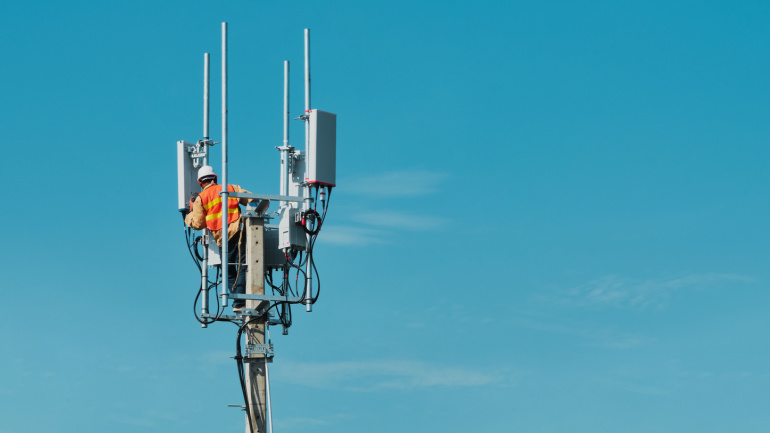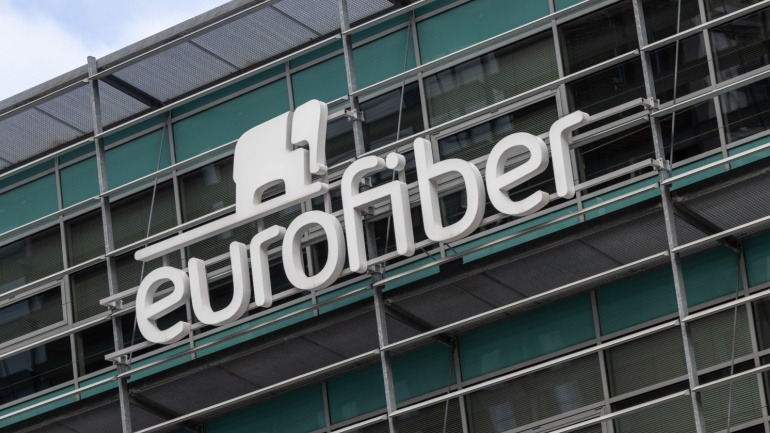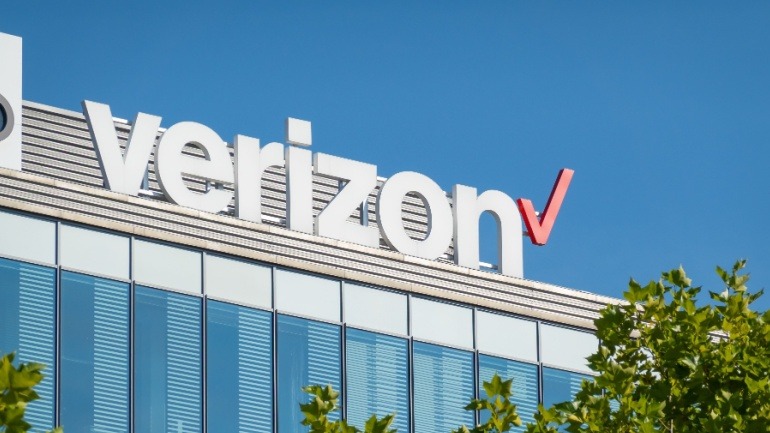Adding another feather to its acquisition cap, T-Mobile US has announced an ambitious deal valued at up to $3.3 billion, as they set their eyes on the 600 MHz spectrum currently owned by cable bigwig Comcast. This move is a clear indication of T-Mobile’s commitment to strengthening its 600 MHz range, particularly in major US cities.
The agreement’s fine print reveals the specifics of the deal. Comcast will rid itself of $1.2 billion worth of frequencies that service around 39 million subscribers within cities like New York, Orlando, Kansas City, and other locations. This part is well-established.
The rest of the potential $3.3 billion transaction comprises licences servicing an impressive 110 million subscribers in prime cities such as San Francisco, Boston, Washington DC, Miami and others. Yet, at its discretion, Comcast holds the power to exclude any of these licences before going ahead with the deal.
Presumably, Comcast is considering all options. Federal regulatory approvals and antitrust acceptances still need to be secured, offering the cable provider plenty of time to finalize its decision. Applications to the FCC for licence transfers should commence in the first half of 2027 and can last until the first half of 2028. In the interim, T-Mobile plans to lease the spectrum in question from Comcast.
In each of the markets, the spectrum available takes the form of a 10 MHz block. However, in Nashville, a potential part of the deal, Comcast may be bidding farewell to a 20 MHz block. That is, of course, if they decide that it is in their best interest.
Enterprising Comcast is keeping all doors open, potentially selling the surplus spectrum while still having a chance to retract the decision down the line. Comcast ventured into the mobile sphere with the introduction of Xfinity Mobile, an MVNO utilizing Verizon’s network, back in 2017.
Recently, the key interest for Comcast has been deploying their acquired 3.5 GHz, largely known as CBRS, spectrum into their service in densely populated, high-traffic areas, as well as ushering in 5G capabilities. Tom Nagel, SVP, Wireless Strategy, at Comcast, shares, “Our 5G network field tests with CBRS spectrum have exceeded our expectations and we’ve found the band to be highly efficient and a significant part of a 5G network. This strong CBRS spectrum performance has made us realize that we are unlikely to need the 600 MHz spectrum licenses that we currently hold to support our wireless customers.”
According to Nagel, if their perspective changes, however, they’ve secured the option to reclaim the 600 MHz spectrum within their markets, adding an additional layer of security if future needs arise.
Conversely, T-Mobile, supporting 117 million users compared to Comcast’s 6 million, likely views the possibility of not requiring mobile spectrum as foreign. T-Mobile’s several spectrum acquisitions, including the $3.5 billion acquisition of 600 MHz frequencies last year, all point towards expanding their user base and market reach.
This new deal, varying between a $1.2 billion to a $3.3 billion purchase, promises to supplement T-Mobile’s prevailing frequencies and supercharge their 5G offering. An evidently advantageous arrangement for both entities involved, the deal promises to lease airwaves in the near future, leading towards a noteworthy step for both parties.







